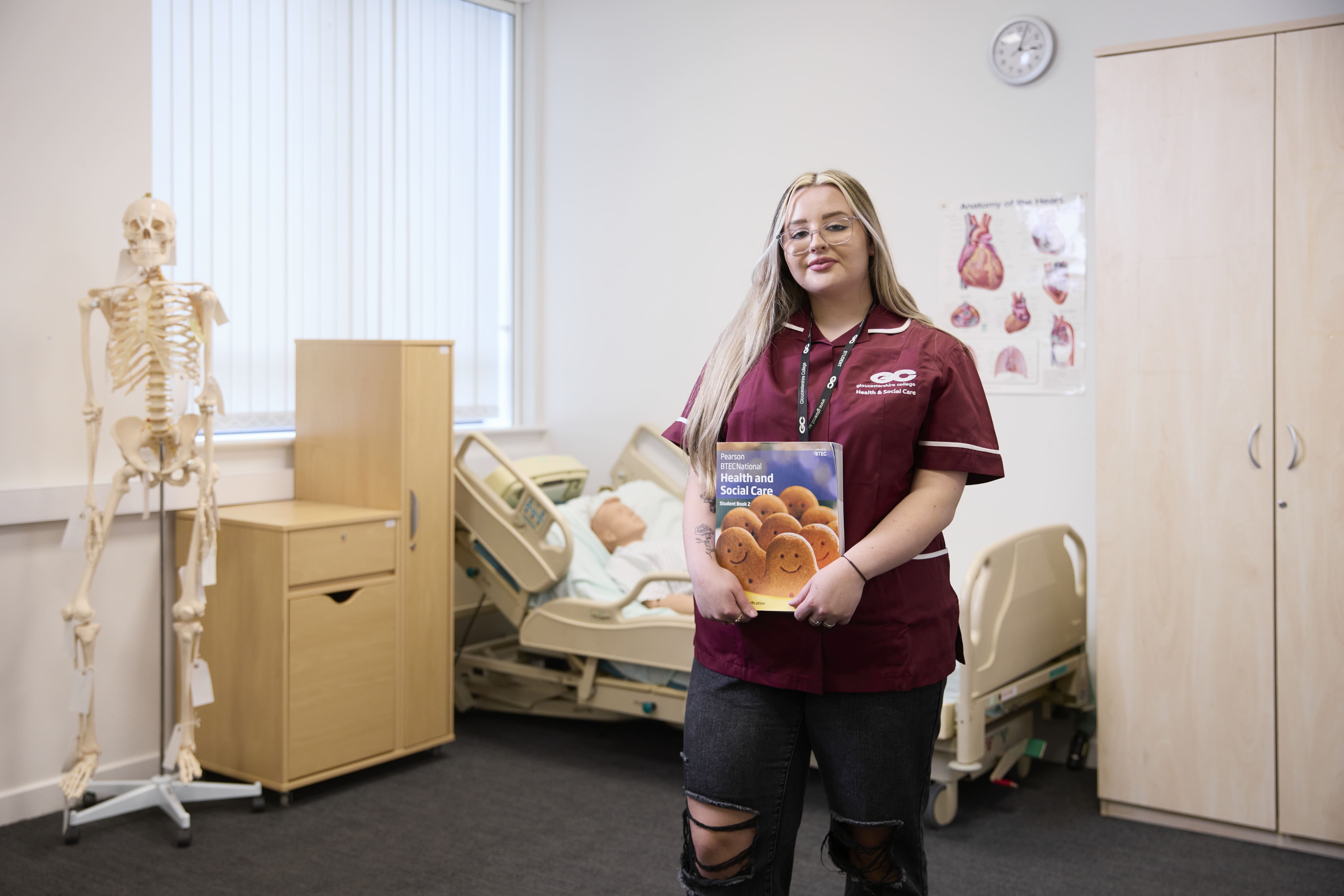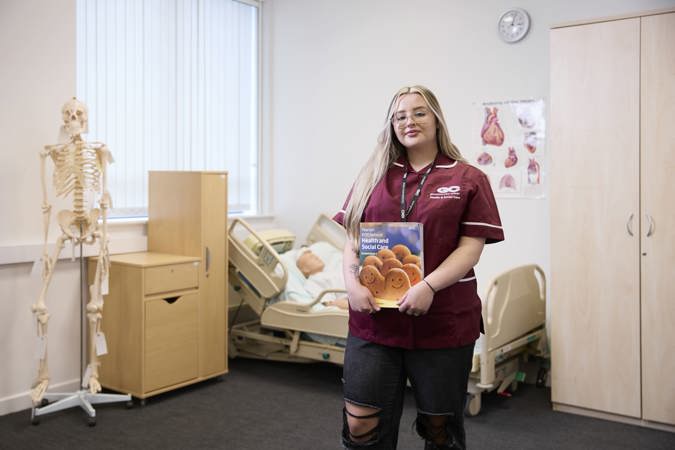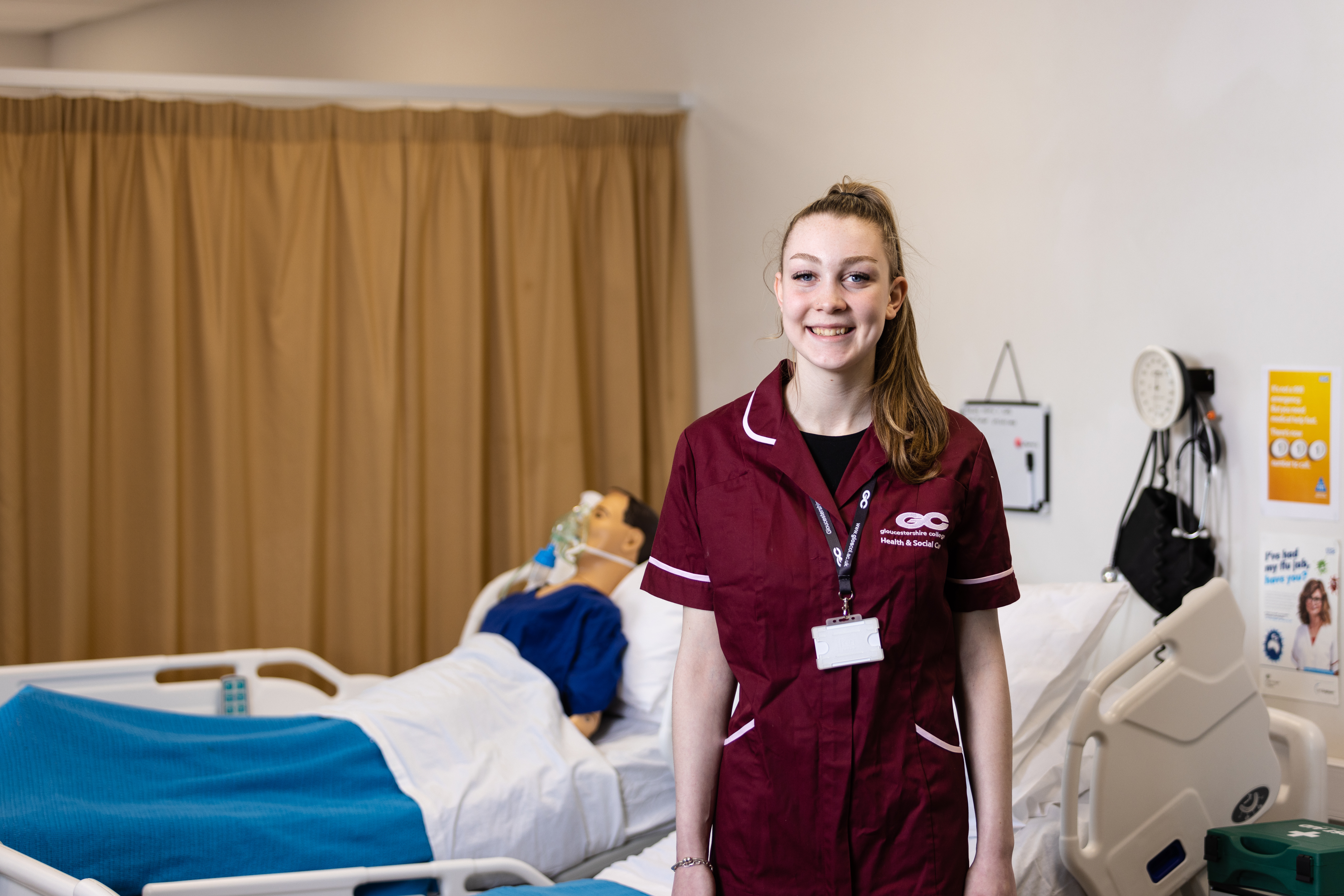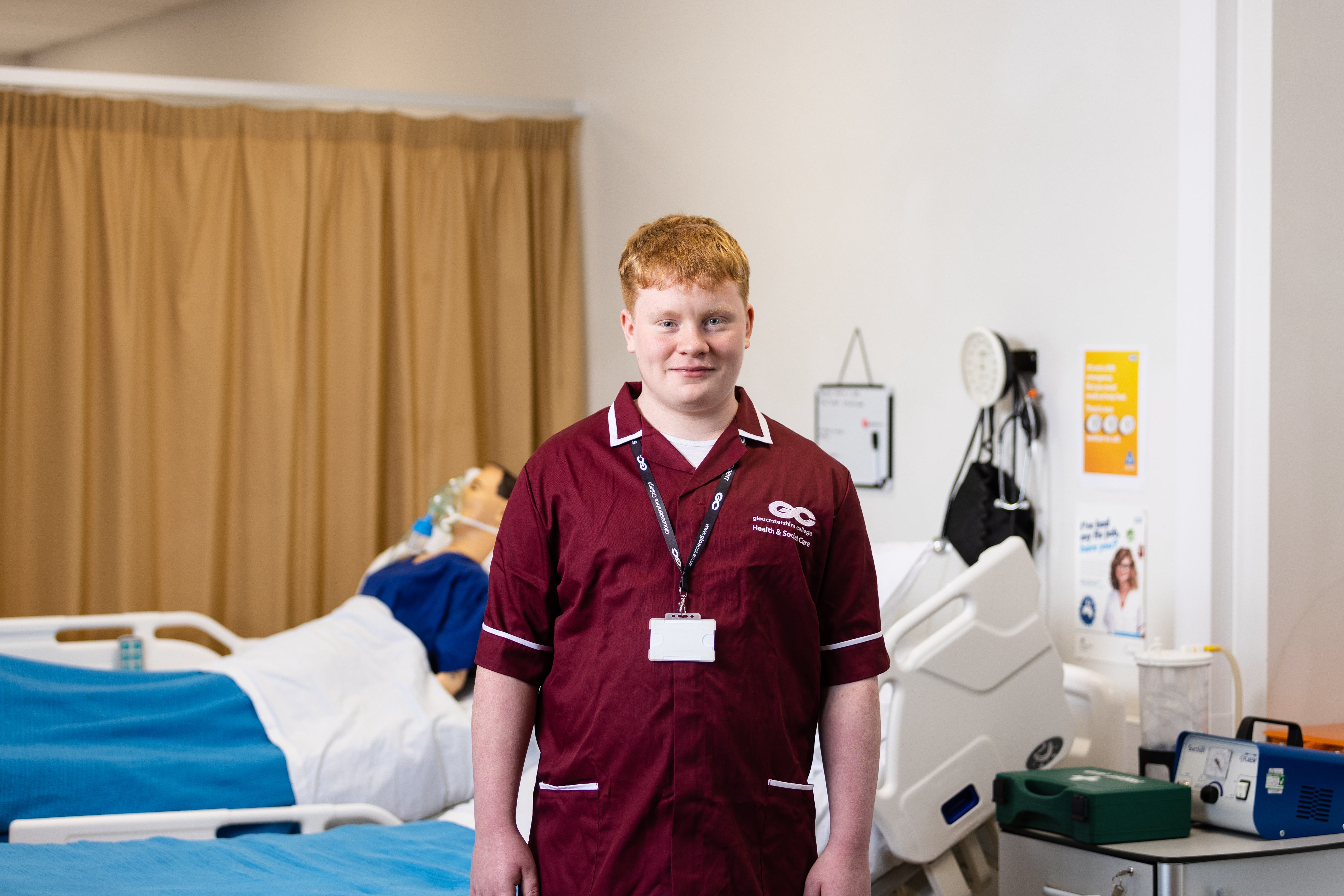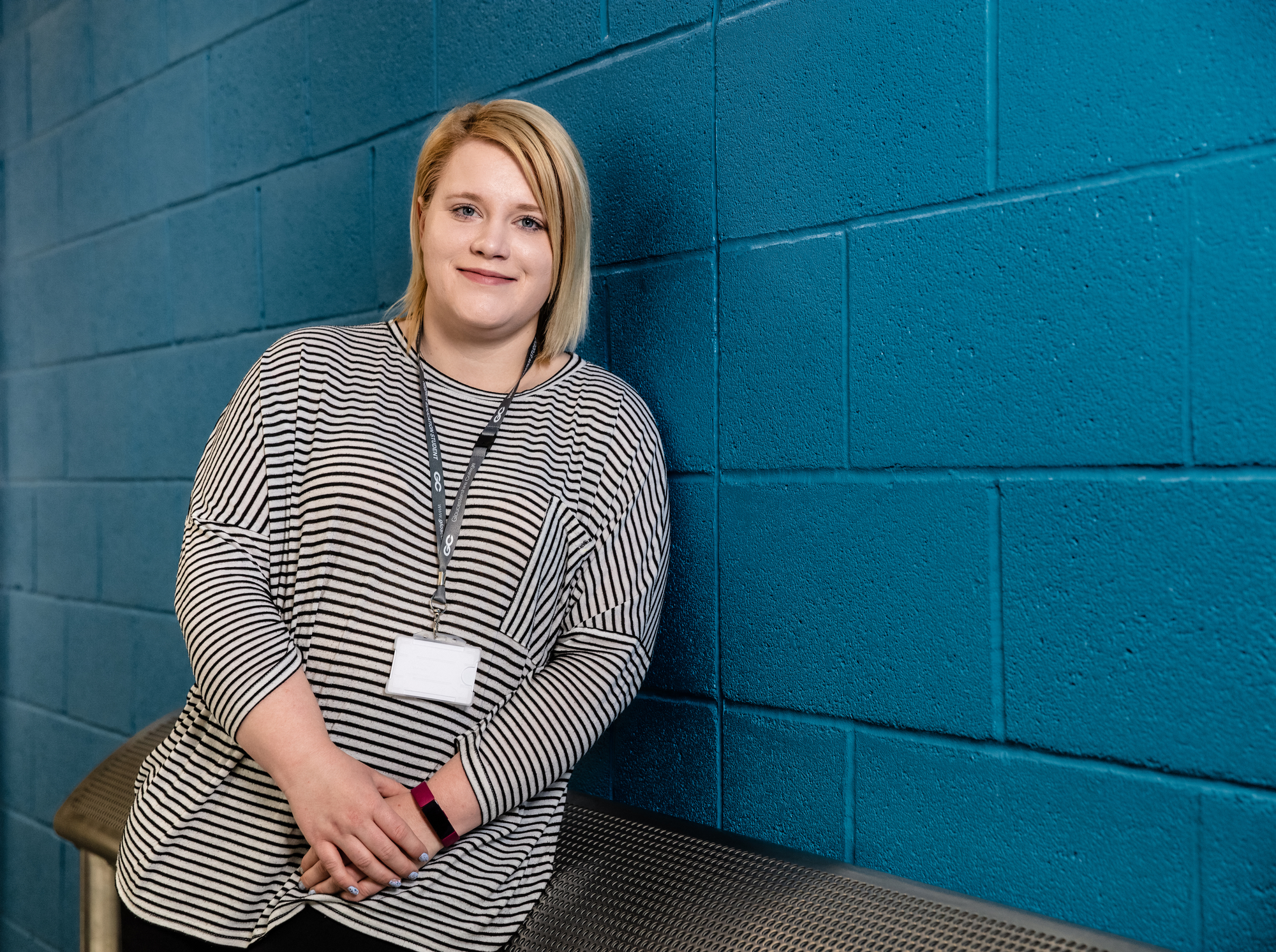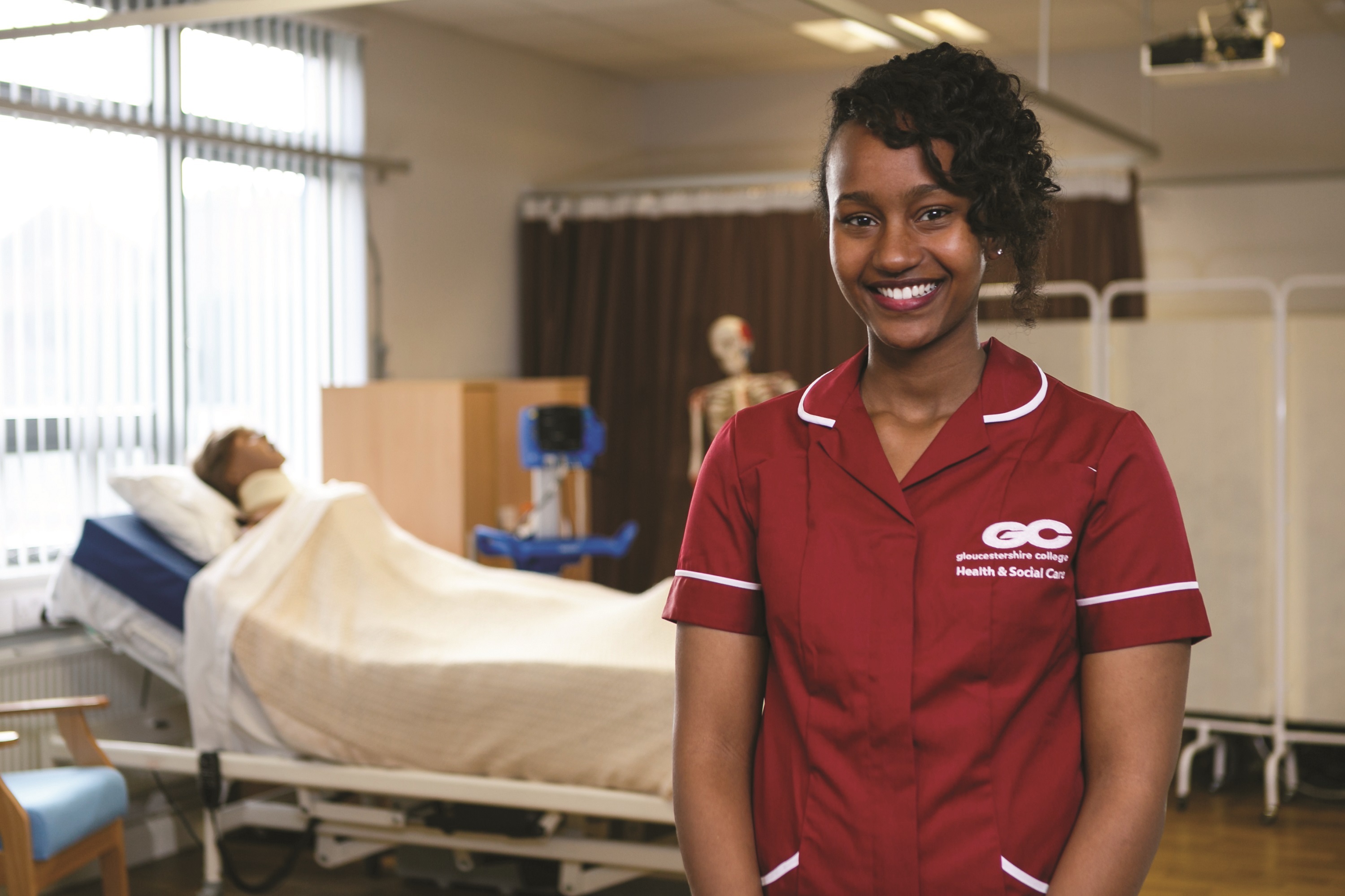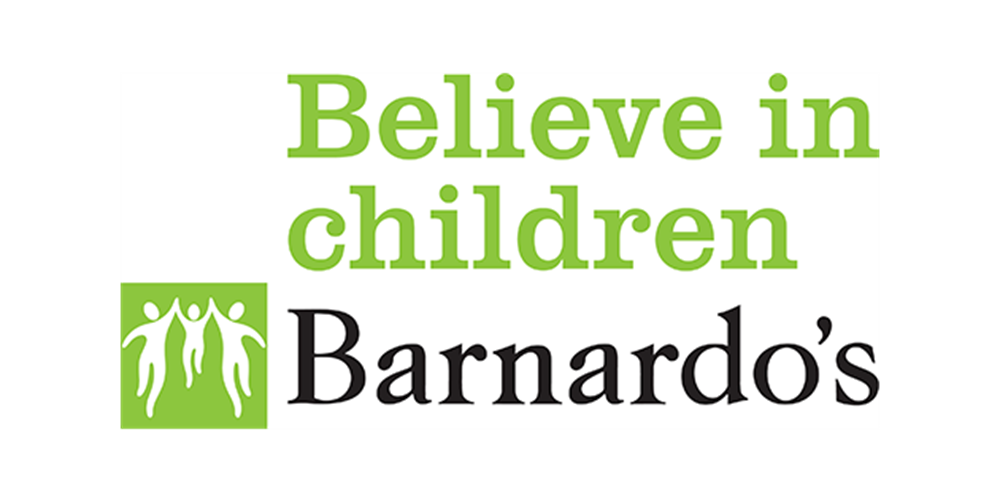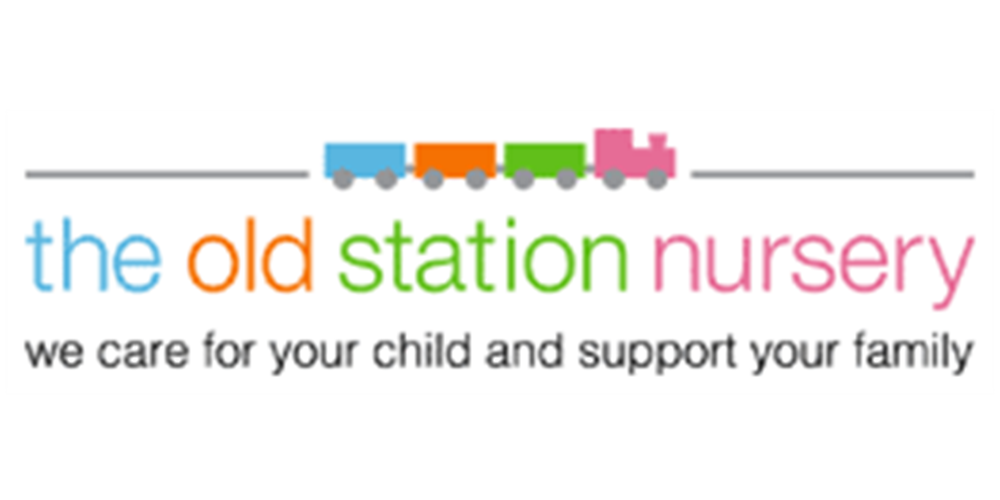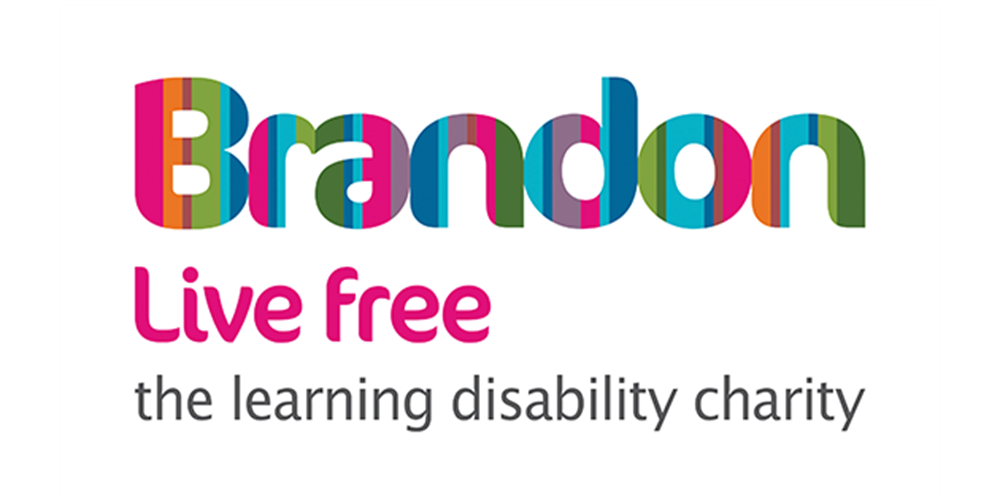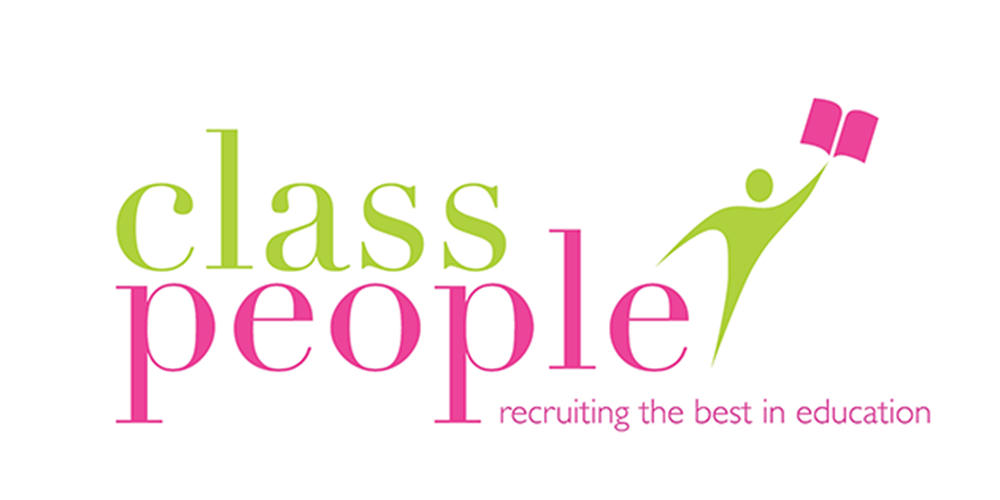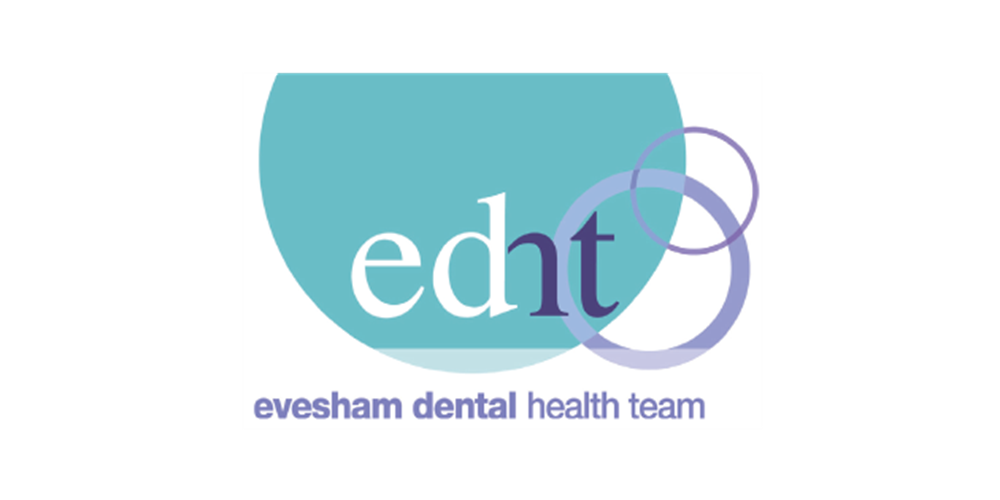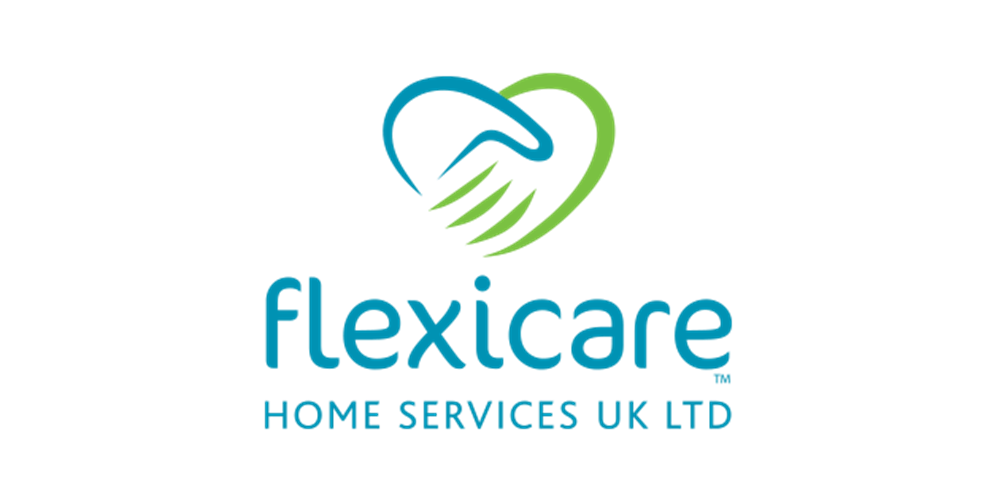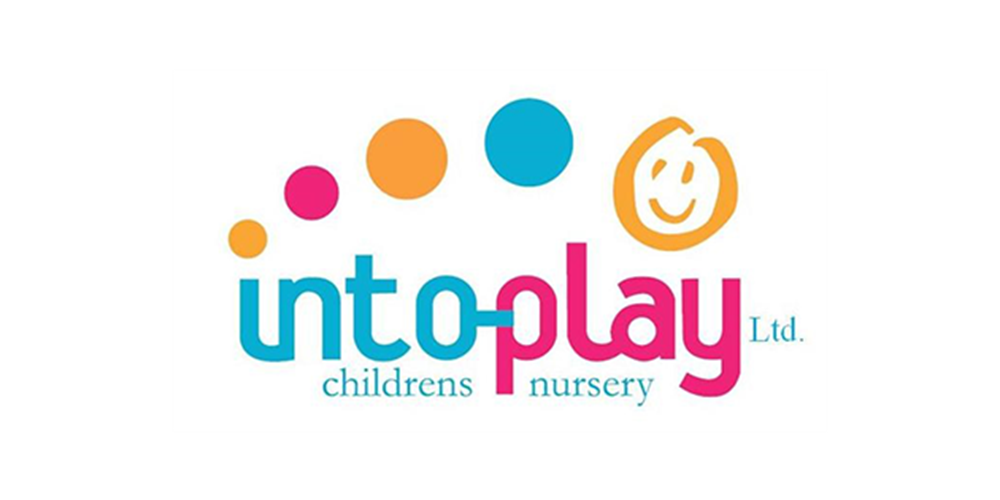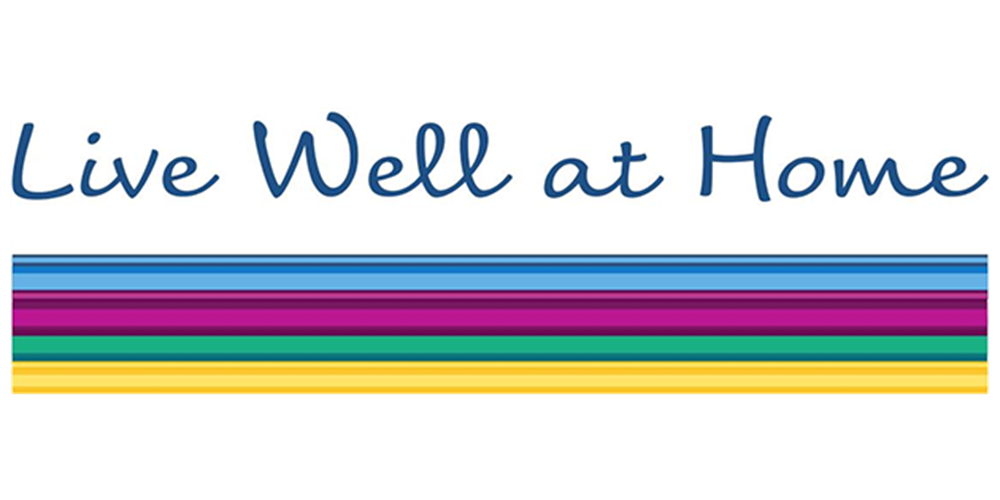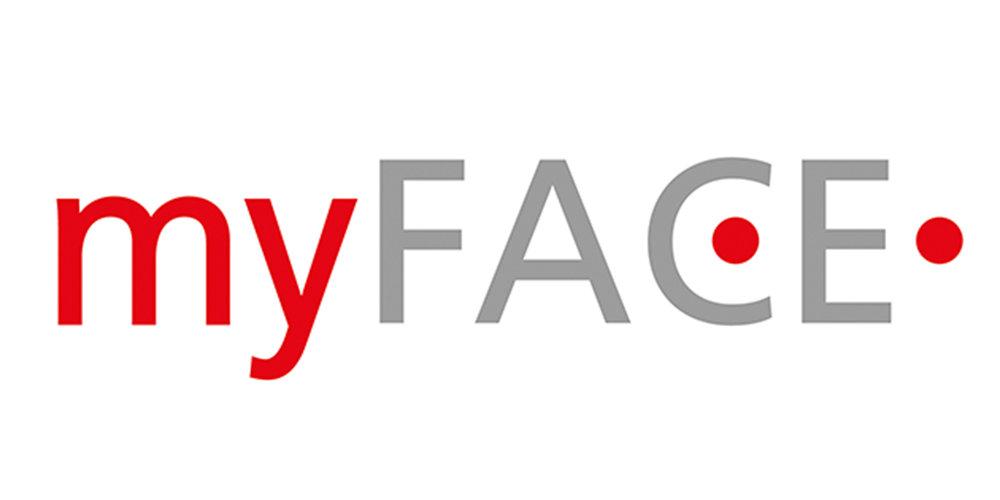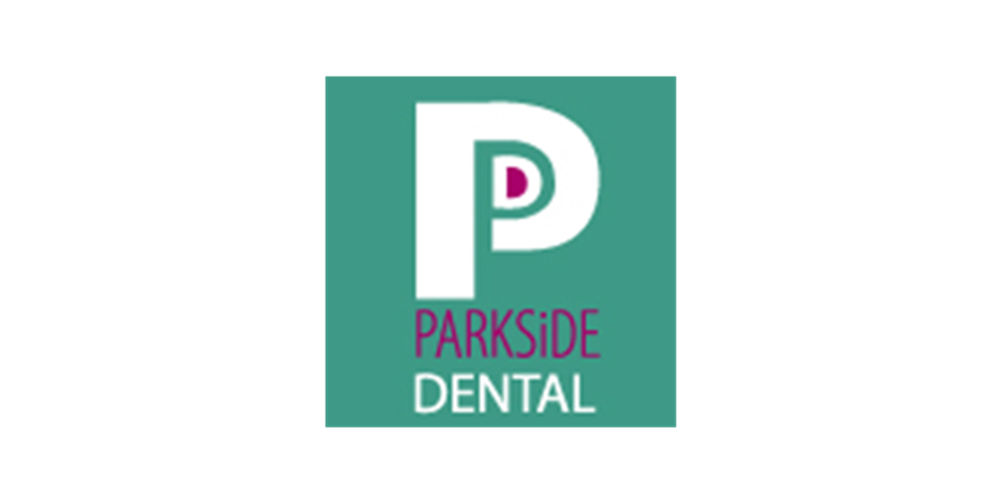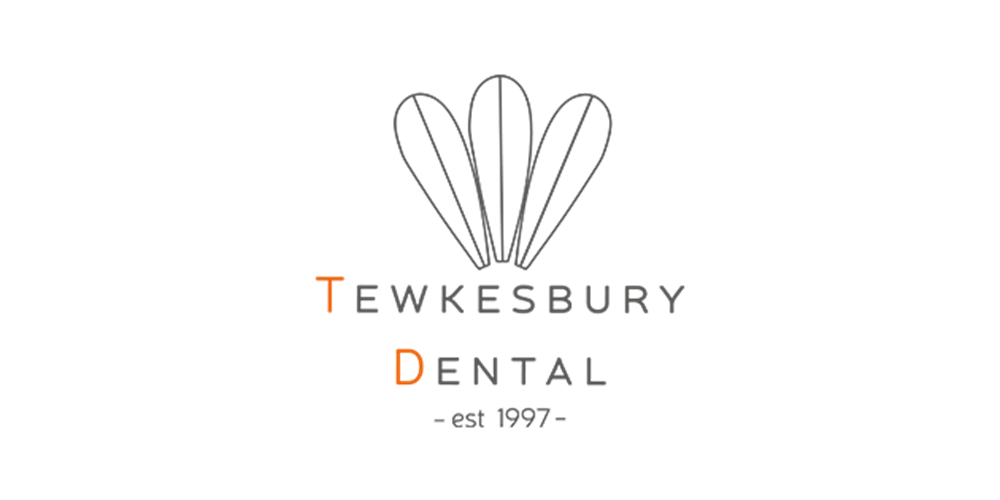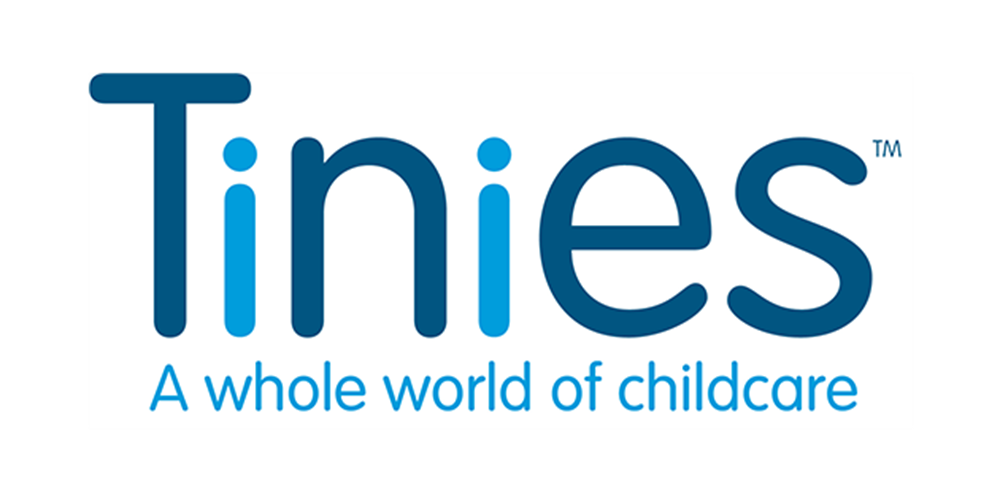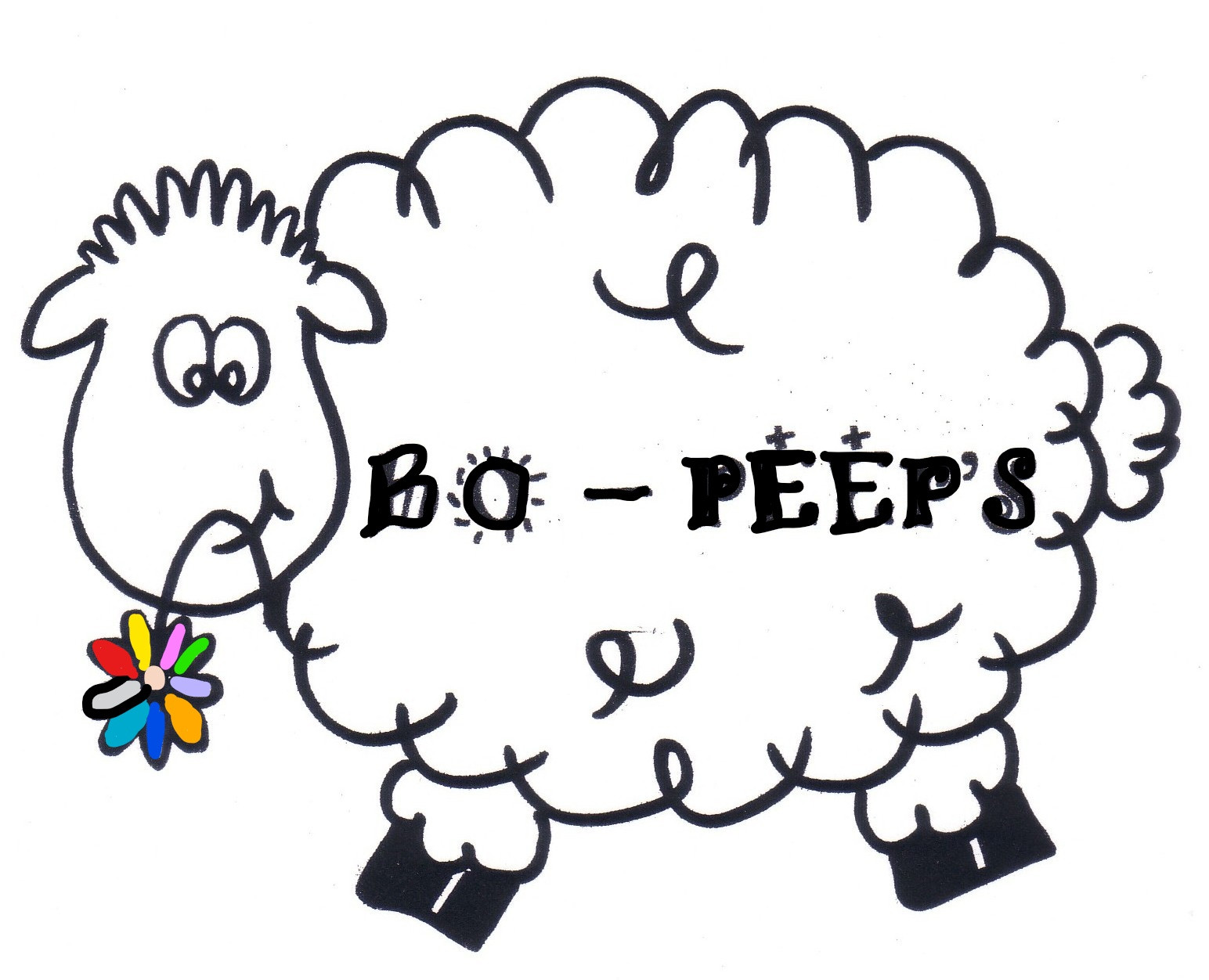This FREE on-line qualification aims to raise your awareness of mental health and a range of mental health problems. This mental health course allows you to gain an understanding of prevalent mental health problems and how to work with or interact with individuals with them. On successful completion you will receive an E-certificate.
Unit 1: Understanding mental health
- Section 1: Know what is meant by mental health and mental ill health
- Section 2: Understand how mental health care has changed over time
- Section 3: Understand the social context of mental illness
- Section 4: Understand the legal context of mental illness
Unit 2: Understanding stress
- Section 1: Understand the term stress
- Section 2: Understand possible causes of stress
- Section 3: Understand how stress can affect an individual
- Section 4: Understand how the demands of daily life can contribute to stress
- Section 5: Understand how stress may be managed
Unit 3: Understanding anxiety
- Section 1: Understand the terms ‘anxiety’ and panic attack
- Section 2: Understand possible causes of anxiety
- Section 3: Understand how anxiety can affect the individual and others
- Section 4: Understand how different ways of thinking and behaving can affect anxiety
- Section 5: Understand how anxiety may be managed
Unit 4: Understanding phobias
- Section 1: Understand the term phobias
- Section 2: Understand the possible causes of phobia
- Section 3: Understand how a phobia can affect the individual and others
- Section 4: Understand how phobias may be managed
Unit 5: Understanding depression
- Section 1: Understand the term depression
- Section 2: Understand the possible causes of depression
- Section 3: Understand how depression affects the individual and others
- Section 4: Understand how the demands of daily life can affect depression
- Section 5: Understand how depression can be managed
Unit 6: Understanding postnatal depression
- Section 1: Understand the term postnatal depression
- Section 2: Understand the causes of postnatal depression
- Section 3: Understanding puerperal psychosis
- Section 4: Understand how postnatal depression can affect the mother and others
- Section 5: Understand how preparation for the birth can help reduce the risk of postnatal depression
- Section 6: Understand how postnatal depression may be managed
- Section 7: Understand how puerperal psychosis can be managed
Unit 7: Understanding bipolar disorder
- Section 1: Understand the term bipolar disorder
- Section 2: Understand the causes of bipolar disorder
- Section 3: Understand how bipolar disorder can affect the individual and others
- Section 4: Understand how the demands of daily life can influence the presentation of symptoms of bipolar disorder
- Section 5: Understand how to recognise the symptoms of bipolar disorder
- Section 6: Understand how bipolar disorder may be managed
Unit 8: Understanding schizophrenia
- Section 1: Understand the term schizophrenia
- Section 2: Understand how the media representation of schizophrenia can create confusion about the illness
- Section 3: Understand the causes of schizophrenia
- Section 4: Understand how schizophrenia can affect the individual and others
- Section 5: Understand how schizophrenia may be managed
Unit 9: Understanding dementia
- Section 1: Understand the term dementia
- Section 2: Understand the causes of dementia
- Section 3: Understand how dementia can affect the individual and others
- Section 4: Understand how dementia may be managed
- Section 5: Understand factors which may adversely affect a person with dementia
Unit 10: Understanding eating disorders
- Section 1: Understand the term eating disorder
- Section 2: Understand the causes of eating disorders
- Section 3: Understand how an eating disorder may affect the individual and others
- Section 4: Understand how a specific eating disorder may be managed
Unit 11: Understanding Attention Deficit Hyperactivity Disorder (ADHD)
- Section 1: Understand the term ADHD
- Section 2: Understand the causes of ADHD
- Section 3: Understand how ADHD can affect the individual and others
- Section 4: Understand the symptoms associated with ADHD
- Section 5: Understand how ADHD may be managed
Unit 12: Understanding Obsessive Compulsive Disorder (OCD)
- Section 1: Understand the term OCD
- Section 2: Understand the causes of OCD
- Section 3: Understand how OCD can affect the individual and others
- Section 4: Understand the thoughts and behaviour associated with OCD
- Section 5: Understand how OCD may be managed
Unit 13: Understanding Post-Traumatic Stress Disorder (PTSD)
- Section 1: Understand the term PTSD
- Section 2: Understand the causes of PTSD
- Section 3: Understand how PTSD can affect the individual and others
- Section 4: Understand the symptoms associated with PTSD
- Section 5: Understand how PTSD may be managed
Approximate Course Duration – 8 -12 weeks (based on an average of 10-15 hours of self study per week)
Please note that whilst our online courses are designed to be accessed at a time and a study pace to suit you and your existing commitments there are pre-set deadlines in place to ensure timely completion.
This qualification can be completed on either a desk top or mobile phone. There are no specific software requirements needed apart from a stable internet connection.

